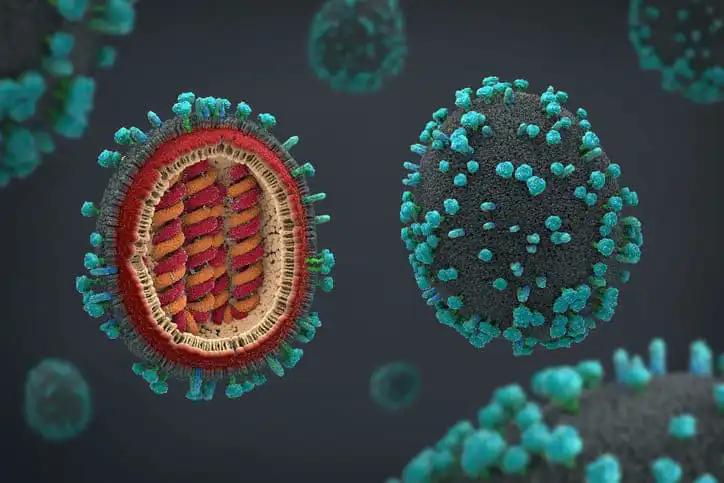KEY TAKEAWAYS
- The phase I trial aimed to evaluate the safety and efficacy of PSCA-targeted 4-1BB-co-stimulated CAR T cell therapy in patients with mCRPC.
- CAR T cells were manufactured and infused into patients with disease progression after at least 1 androgen receptor-targeted therapy.
- The study found that PSCA-CAR T cells can potentially treat mCRPC, but a lower therapy dose may be more beneficial.
Prostate stem cell antigen (PSCA) is a good target for chimeric antigen receptor (CAR) T cell therapy in metastatic castration-resistant prostate cancer (mCRPC). The study aimed to evaluate the safety and efficacy of PSCA-targeted 4-1BB-co-stimulated CAR T cell therapy in patients with mCRPC.
The study included the CAR T cells manufactured at City of Hope’s cGMP facility and infused into patients with disease progression after at least 1 androgen receptor-targeted therapy. The primary objective was to identify dose-limiting toxicities (DLT) and outline initial bioactivity and effectiveness. CAR T-cell persistence and cytokine levels were assessed using flow cytometry and Luminex. Circulating tumor cells (CTC) were measured using an unselected assay by Kuhn’s method.
Results demonstrated that 14 patients received treatment, with a median age of 69 and a median baseline PSA of 88. Among them, 12 (86%) had prior chemotherapy, mostly with taxanes. The majority of screened patients showed significant PSCA expression. Initial lymphodepletion (LD) dosing led to severe side effects, so the protocol was adjusted to a reduced dose of 300 mg/m2 cyclophosphamide on Days 1-3. In fact, no severe side effects occurred after the adjustment. Treatment showed positive outcomes in terms of CAR T cell expansion, PSA levels, and cytokine release, especially in patients with anti-tumor effects. Decreases in cancer cells were observed in both bone marrow and peripheral blood.
The study found that PSCA-CAR T cells exhibit anti-cancer effects in mCRPC, though they lead to severe cystitis. Lowering the LD dose decreases toxicity while maintaining expansion and activity.
Clinical Trial: https://classic.clinicaltrials.gov/ct2/show/NCT03873805
Tanya B. Dorff, Suzette Blanchard, Hripsime Martirosyan, Lauren Adkins, Gaurav Dhapola, Stephanie Shishido, Jamie R Wagner, Tracey Stiller, Massimo D’Apuzzo, Peter Kuhn, Stephen J. Forman, and Saul Priceman. DOI: 10.1200/JCO.2023.41.16_suppl.5019 Journal of Clinical Oncology 41, no. 16_suppl (June 01, 2023) 5019-5019.



